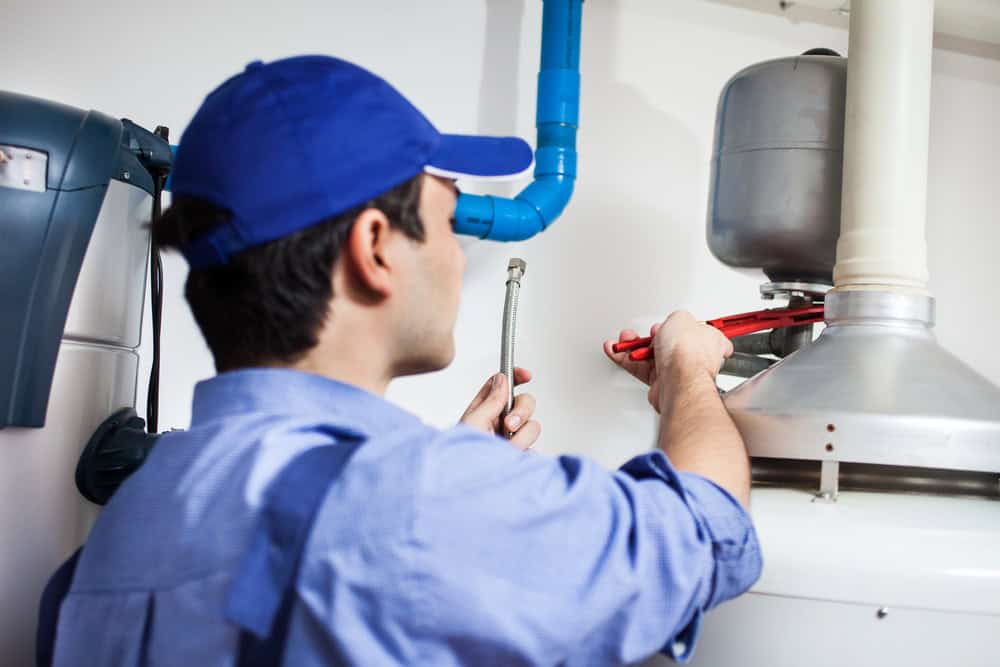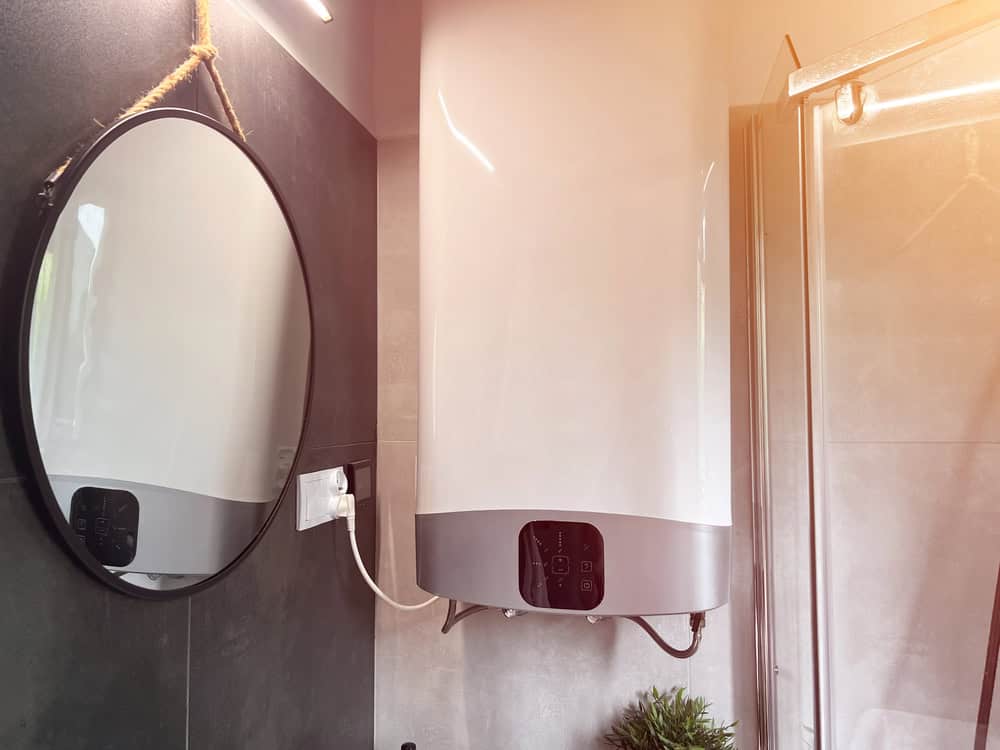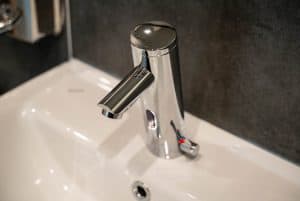When it comes to household maintenance, water heaters often get overlooked until they malfunction. Homeowners frequently prioritize visible issues over the more hidden problems lurking behind the walls or in the basement.
Ignoring these repairs can lead to consequences that are not only inconvenient but also surprisingly costly. Let’s explore why staying on top of water heater maintenance is essential.
The Ripple Effect of Neglect
Water heaters are crucial for various daily tasks, from showering to washing dishes. A failure in this appliance can disrupt your entire routine.
Picture waking up for a hot shower only to find lukewarm water or, worse, icy cold streams. This initial inconvenience is just the tip of the iceberg.
The consequences of neglecting repairs can cascade into more severe issues, impacting both finances and home comfort.
When a water heater begins to fail, it may show signs like leaks, unusual noises, or fluctuating temperatures. Not addressing these can lead to extensive water damage or even mold growth.
Water damage is not only expensive to repair but can also reduce your home’s value. Thus, ignoring these early warning signs can transform a small issue into a large headache.
Understanding the Costs Involved
The financial implications of ignoring water heater repairs can stack up quickly. Initially, there are the costs associated with repairs themselves.
A minor fix might cost a few hundred dollars, but if neglected, the damage can escalate. Replacing a water heater can run anywhere from $800 to over $2,500, depending on the system’s complexity and type.
More than just repair expenses, there’s the potential for increased utility bills. A malfunctioning water heater often works harder than necessary, consuming more energy to heat the same amount of water.
This inefficiency can lead to a noticeable spike in monthly energy costs, draining your wallet without you realizing it.
Water Damage
One of the most alarming consequences of a failing water heater is water damage. Leaks can go undetected for a long time, leading to significant harm before the problem is identified.
The costs associated with repairing water-damaged floors, walls, and ceilings can be astronomical.
In some cases, homeowners have found themselves facing thousands of dollars in repairs due to a small leak that went unnoticed.
Mold and mildew can also flourish in damp conditions, leading to health risks and further renovation costs. Avoiding water heater repairs can turn your home into a breeding ground for issues that go beyond just plumbing.
Health Hazards and Safety Concerns
The health implications of a faulty water heater shouldn’t be taken lightly. A malfunctioning system can lead to bacteria growth, particularly in tanks that are not regularly heated to high temperatures.
Legionella bacteria, for example, can thrive in improperly heated water and pose significant health risks to inhabitants.
Furthermore, there’s the potential for more severe safety hazards, such as explosions caused by excessive pressure buildup in the tank.
While these incidents are rare, the possibility exists, especially with older models that lack modern safety features. Ignoring repairs can put your loved ones in harm’s way.
The Environmental Impact
Neglecting water heater repairs can also have a broader environmental impact. An inefficient unit uses more energy, which in turn puts a higher demand on power plants and natural resources.
This heightened energy consumption contributes to pollution and increased CO2 emissions. Opting for timely repairs not only benefits your household but also supports environmental sustainability.
By keeping your water heater in good working condition, you reduce your carbon footprint. It’s a small yet meaningful step toward contributing to a healthier planet.
Every little bit counts when it comes to environmental responsibility.
Signs Your Water Heater Needs Attention
Recognizing the warning signs of a failing water heater can save you from future headaches. Pay attention to the following:
Unusual Noises: If your water heater starts rumbling, popping, or hissing, these sounds may indicate sediment buildup or other mechanical issues.
Discolored Water: Rusty or murky water can signal corrosion, which is a precursor to leaks or complete failure.
Leaks and Moisture: Any signs of water pooling around the base of the heater should be addressed immediately.
Inconsistent Temperature: If your water isn’t consistently hot, it might be time to consult a professional.
Taking prompt action when you notice these signs can save you from costly repairs and interruptions in your daily routine.
Finding the Right Professional Help
Choosing the right technician for repairs is crucial. You want someone who is not only skilled but also trustworthy.
If you’re in need of assistance, Plumber Chatswood is always a great option to consider. A reliable technician can spot issues you might overlook and can provide regular maintenance to extend your heater’s lifespan.
The cost of hiring a professional may seem like an additional expense, but it’s an investment in the longevity of your water heater. Regular check-ups can identify potential problems before they grow into something more challenging.
The Benefits of Regular Maintenance

Investing in regular maintenance can yield significant benefits, both financially and functionally. A well-maintained water heater is likely to last longer, perform efficiently, and consume less energy.
This translates into lower utility bills and fewer major repairs over time.
Regular check-ups can also help catch small issues before they escalate into more significant concerns. Addressing the minor inconveniences of today can prevent larger problems tomorrow.
It’s a proactive approach that can save you a headache and a hefty bill down the line.
Energy Efficiency and Rebates
Many modern water heaters are designed with energy efficiency in mind. By upgrading to a newer model, you can benefit from lower energy costs and may even qualify for rebates or tax credits.
These incentives can help offset the initial purchase cost, making it easier to transition to a more efficient system.
Neglecting repairs and updates, on the other hand, can leave you stuck with an outdated unit that drains your resources. An efficient water heater is not just a luxury; it’s a wise investment in your home and budget.




